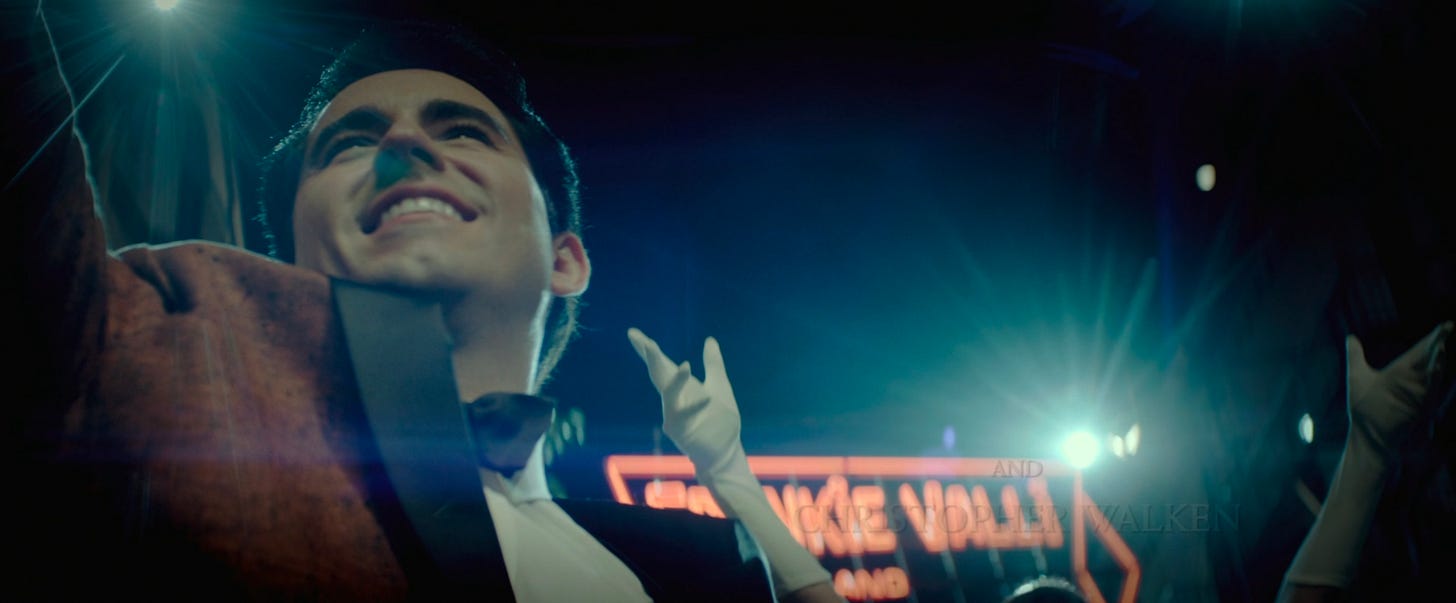Late Eastwood #3: Jersey Boys
A few words about pitch
Welcome to Late Eastwood, my tour through the late work of the still very much alive Clint Eastwood. This is a journey through the prolific director’s films since 2010, a period of his career with which I’m almost wholly unfamiliar. With his new film, Juror #2, on the horizon, I will be combing though the films leading up to it, so I can learn a bit more about what motivates a 94-year-old to keep practicing his art. These posts are for paid subscribers only, so you know what to do.
There was a nearly three-year gap between the release of Jersey Boys and Clint Eastwood’s previous feature, J. Edgar, an unusually long gap for the director. He was busy with a few other projects in that time, including getting himself attached to what would eventually become Bradley Cooper’s A Star is Born. He ended up getting hired to direct a a musical of a different sort, adapting a big recent Broadway hit. The story goes, Eastwood was brought on and immediately tossed out the script they’d been working with, bringing back an earlier version by Marshall Brickman and Rick Elise, who’d written the book for the stage musical. He also eschewed the idea of casting known stars for the lead roles, going instead of actors who’d performed the parts on stage. Now, that might lead you to believe Eastwood was determined to deliver a real, honest-to-god musical. Somehow, that is not remotely what we got.
Not really a musical at all, to be frank, the movie is instead just a biopic of Frankie Valli and the Four Seasons, taking the viewer through their formation, their rise to success, their low point, their comeback, and even their late-in-life reunion. It’s peppered with their songs, because of course it is, it’s a movie about the group. But in terms of how it’s played, other than the regular old artifice found in studio lot sets and a more classical filmmaking style, the movie really is just played as a straight ahead drama, and quite a dull one.



